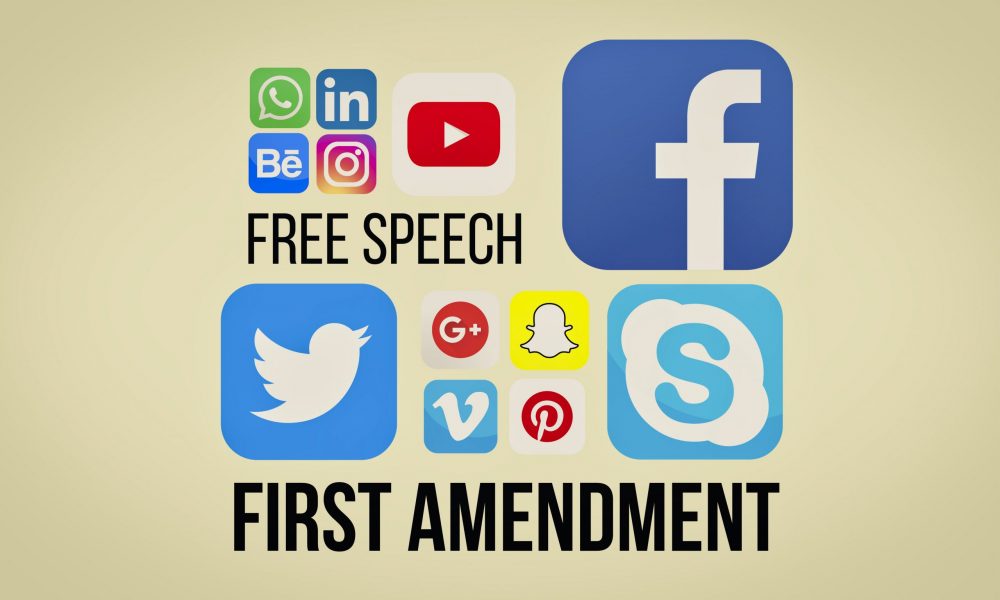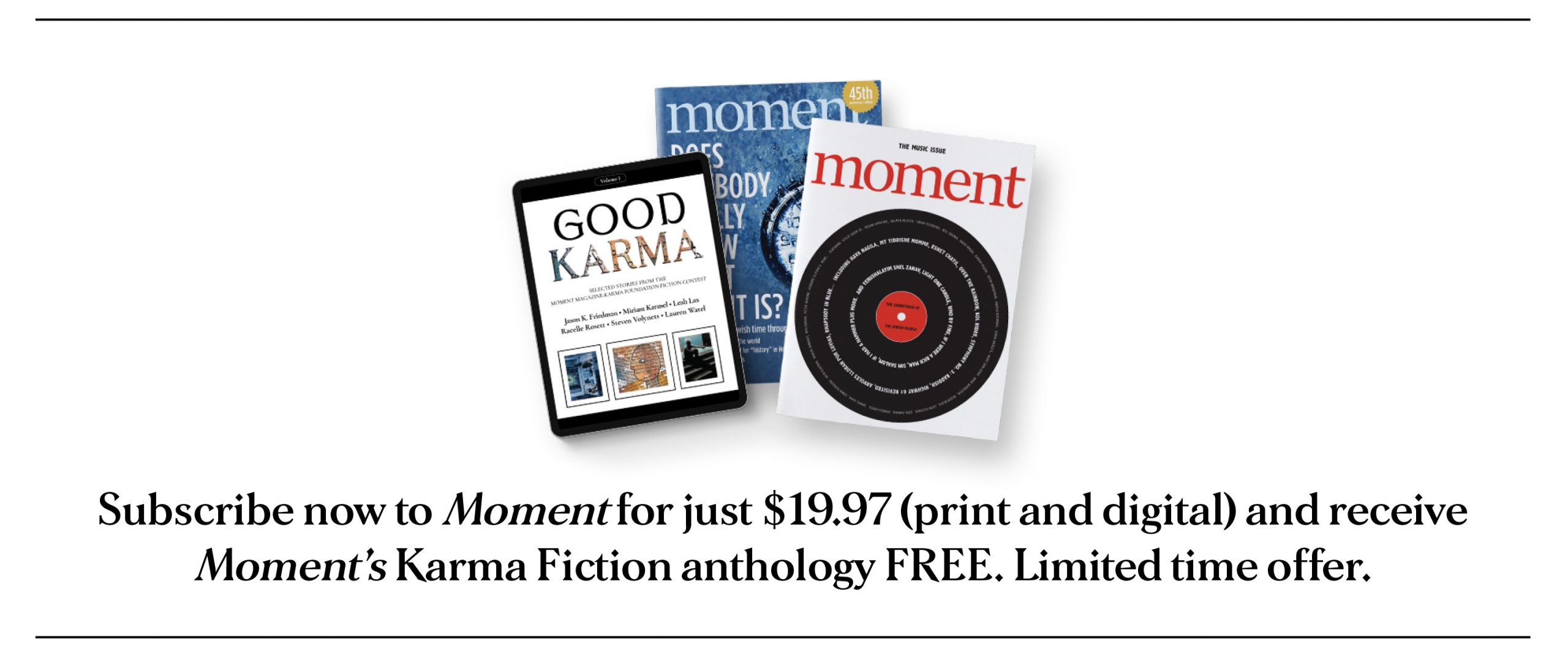INTERVIEW WITH PAUL M. BARRETT
Should the First Amendment Apply to Social Media? | No
Should the First Amendment apply to social media platforms?
No. It doesn’t, and it’s proper that it doesn’t, even though those platforms do present very complicated problems related to speech. These platforms have failed to adequately police themselves in spreading harmful content. As a result, people engaged in this area are thinking actively, though with some reluctance, about a way for government to provide the regulation that the industry is not providing itself.
In doing that, the government has to be very vigilant about not making decisions that relate to content. The First Amendment is primarily directed toward preventing the combination of the core power of the government with the power to censor. The government can arrest you and regulate your behavior. You don’t want to combine that power with the power to say who can speak.
What demands can the government make on social media companies?
Government can require that companies give their users more information about how they rank and recommend content. If companies have to explain more about how their algorithms actually work, they have an incentive to make them better. Once their practices are exposed to public scrutiny, unhappy users could force companies to improve or be more transparent.
It makes sense to keep to the principle that the First Amendment forbids censorship only by the government.
The existing law, Section 230 of the Communications Decency Act, actually protects those companies from being sued for decisions they make in the course of content moderation, and it’s designed to encourage them to do more of it. I think the law should be updated to reflect the bad side effects social media has had. Probably the simplest way is to create more exceptions to the companies’ immunity from being sued, in areas such as hate speech, harassment or civil rights abuses, so they’ll become more vigilant in these areas. There’s legislation currently being sponsored to that effect.
How can you restrict dangerous speech yet avoid viewpoint discrimination?
There’s a danger, and we have to be careful. But there is no evidence that companies disfavor conservative content. I was the co-author of a recent report looking into the claim that social media censors conservatives, and we concluded it’s completely unfounded. There are many anecdotal examples of prominent right-wing figures having content taken down, but when you examine those examples, you find it’s because they violate the rules of the platform. That’s true from Alex Jones of Infowars to former President Donald Trump.
As for Trump, I think it was legitimate for Twitter to ban someone who had repeatedly violated its rules against inciting violence and, in the aftermath of the Capitol riot, had ignored warnings to stop using Twitter for what his followers themselves identified as incitement. It’s fine for Twitter to say, “We’ve had enough of this guy.” Not because he was conservative but because he said, essentially, “Let’s get together in this place on this date and do things that are illegal.”
The Supreme Court struggled with the question of dangerous speech in the 1960s and 1970s, in a completely different speech environment, and came up with a formula about imminence of actual violence and the intention of the speaker to provoke that violence. Facebook and Twitter can come up with their own rules, and it’s important that those rules be clearly stated and fairly enforced. But there’s no reason the sponsor of a platform can’t say, “You can’t use our platform to incite violence.” That’s not controversial at all.
Are Facebook and Twitter more like private rooms? Shopping malls? The public square?
In 2017, Justice Anthony Kennedy referred to social media platforms as the modern public square. In my humble opinion, that’s not completely correct. No one social media platform is the only venue on which to express yourself. Trump is going to have no difficulty finding outlets for his views in coming months.
If you decided that Facebook was the public square and First Amendment protections applied to it, it would look very different very quickly, overrun by porn and constitutionally permitted hate speech. It makes sense to keep to the principle that the First Amendment forbids censorship only by the government.
Do we have too much speech or not enough?
There’s a traditional First Amendment attitude that you can never have too much speech. On the other hand, we are seeing the social unrest that comes with the spread of disinformation through social media, especially in other countries where democratic institutions are less deeply rooted. From Myanmar to Brazil, digital tools have been used to spread falsehoods that lead people to be killed on a genocidal scale, or to authoritarian political leaders gaining power, and it’s all very troubling.
Do Jews have a special interest in the First Amendment?
Yes, of course. As a minority religion, we value dissent. And we’re concerned about the misuse of prominent platforms, because all too often Jews are singled out as the target of hate speech, conspiracy theories and disinformation.



One thought on “Moment Debate | Should the First Amendment Apply to Social Media?”
I agree with Jeb Rubenfeld. A free society must have free speech. Censoring chokes off the ability for all people to exchange ideas; to debate; to share experiences and it leads to a “ Forced March” of conformity and mediocrity.